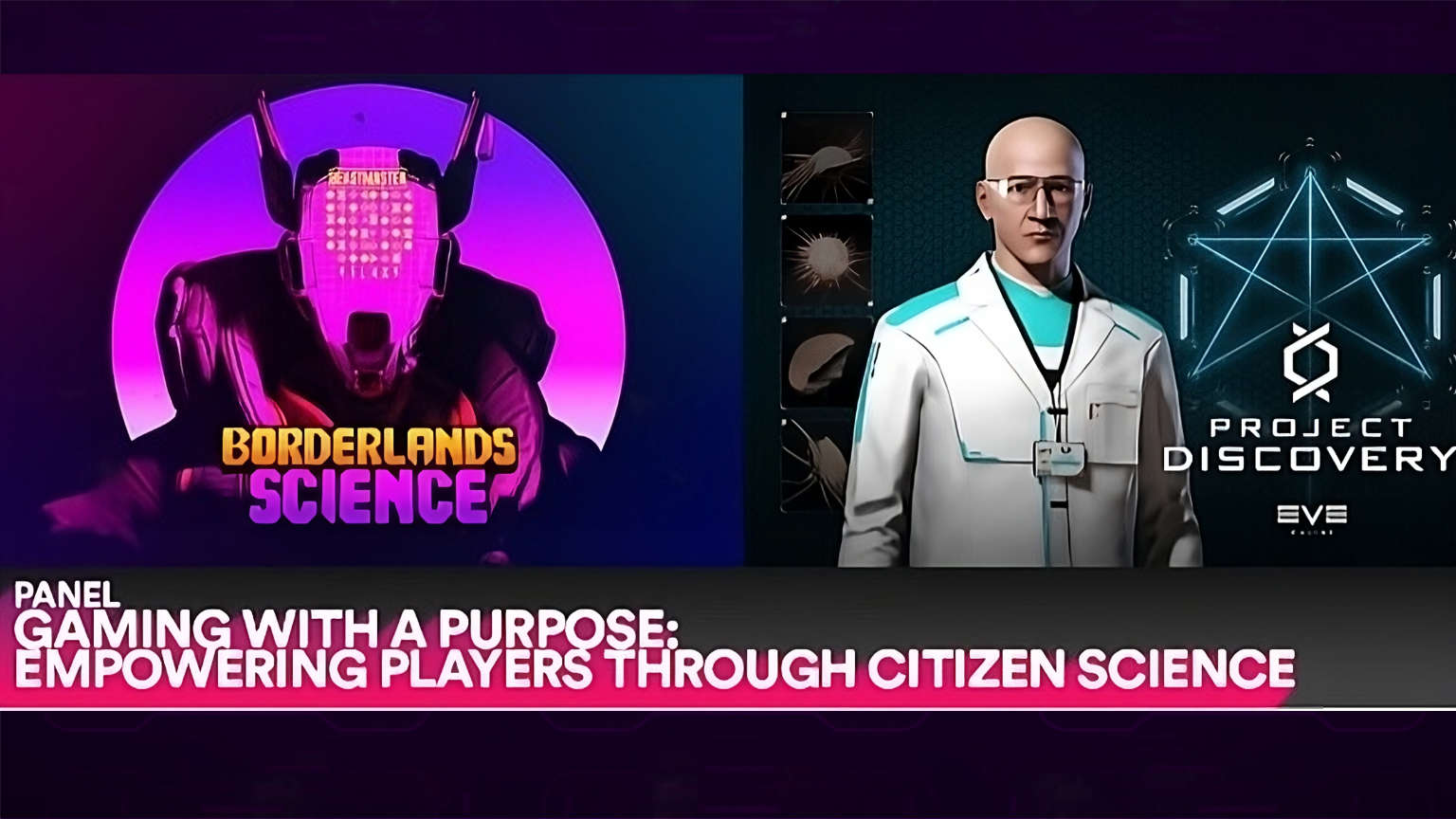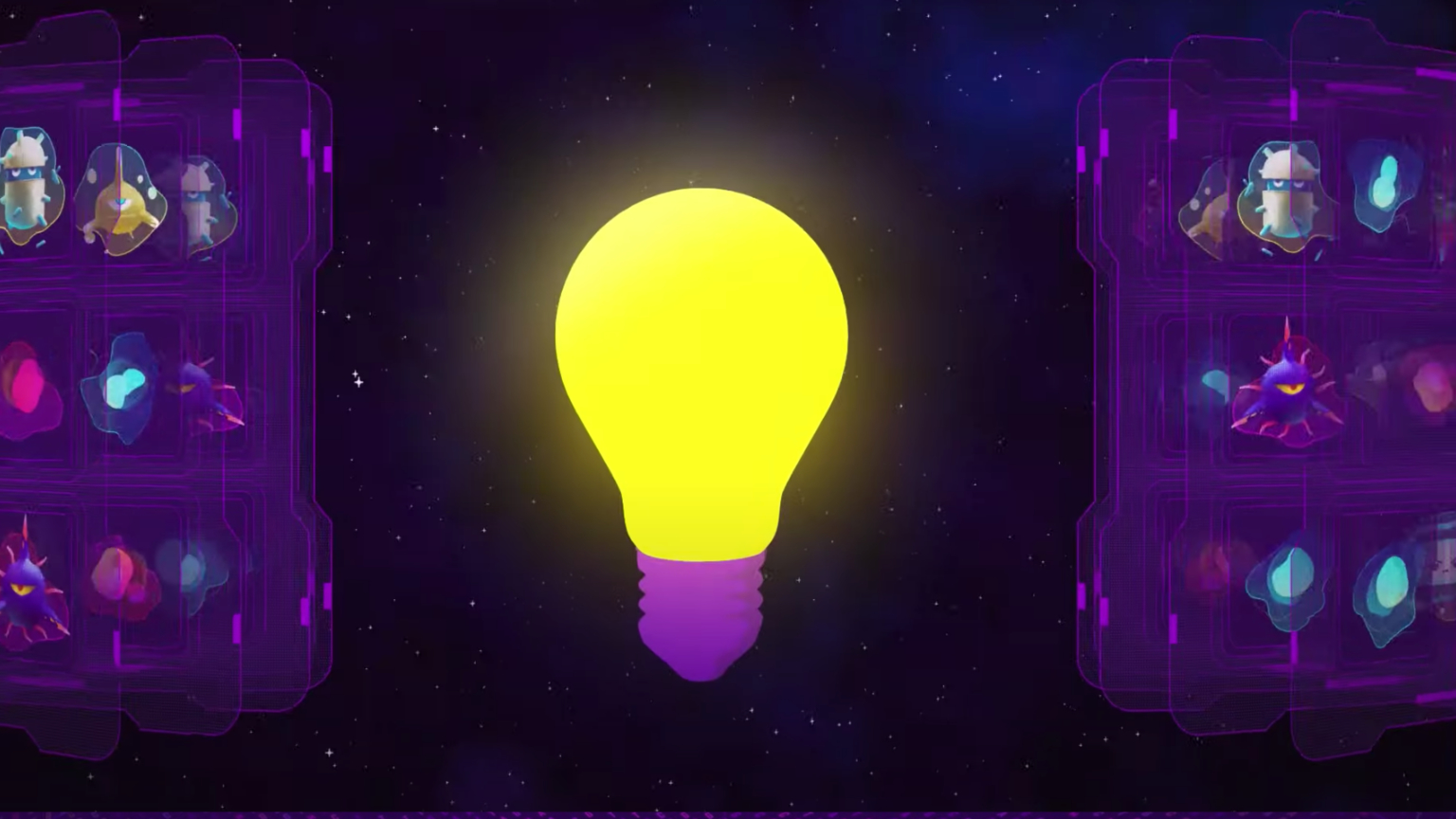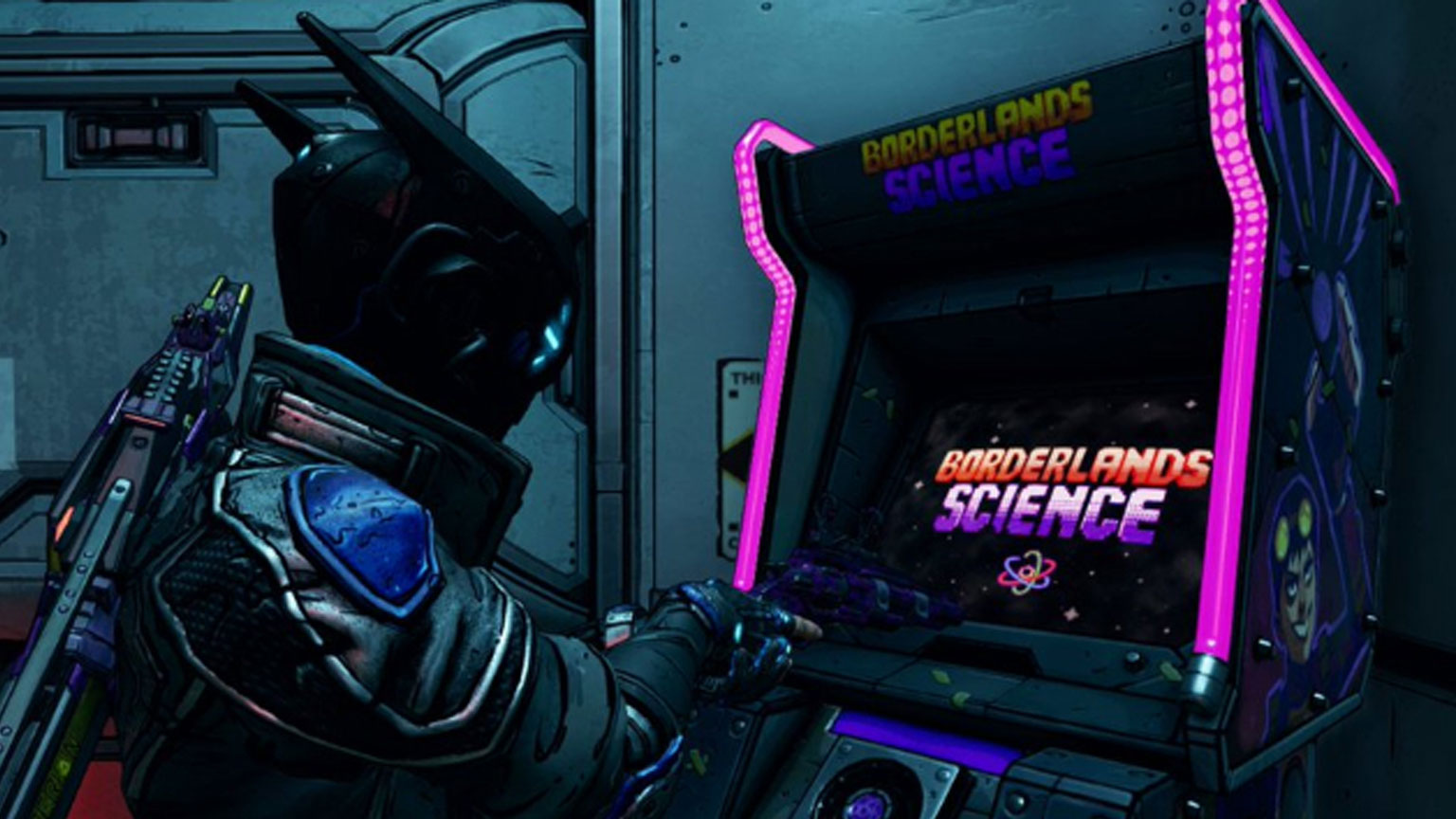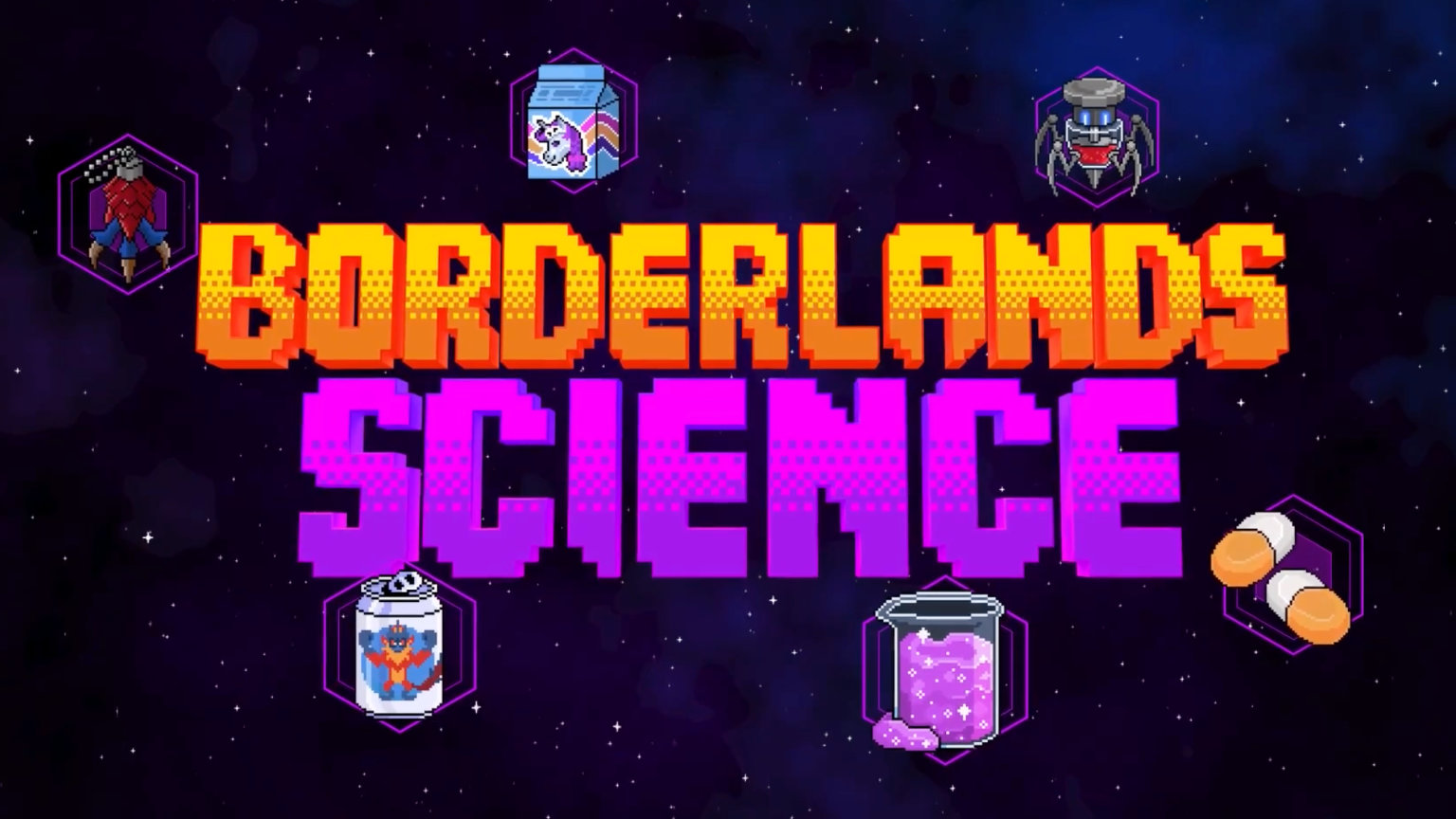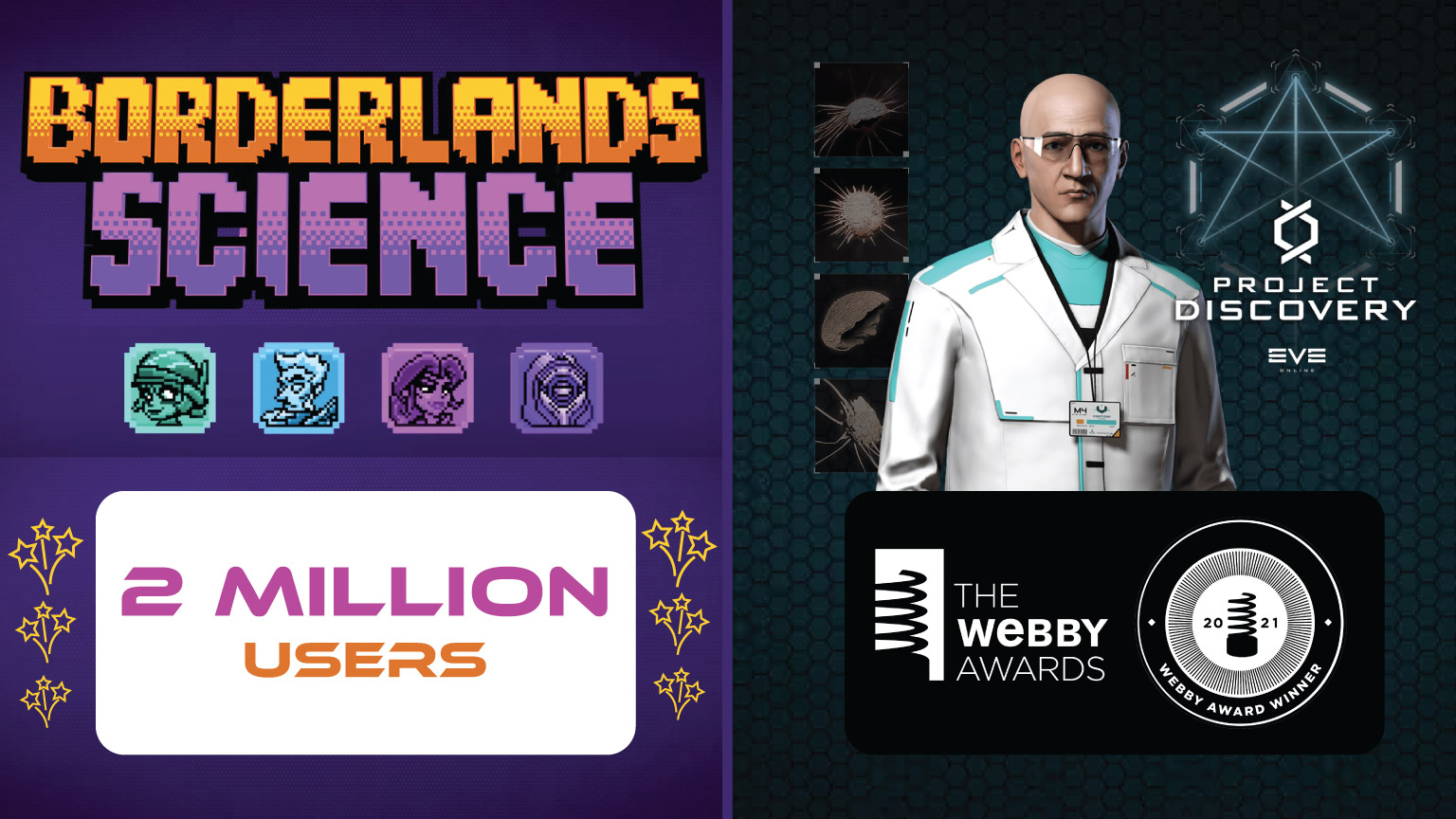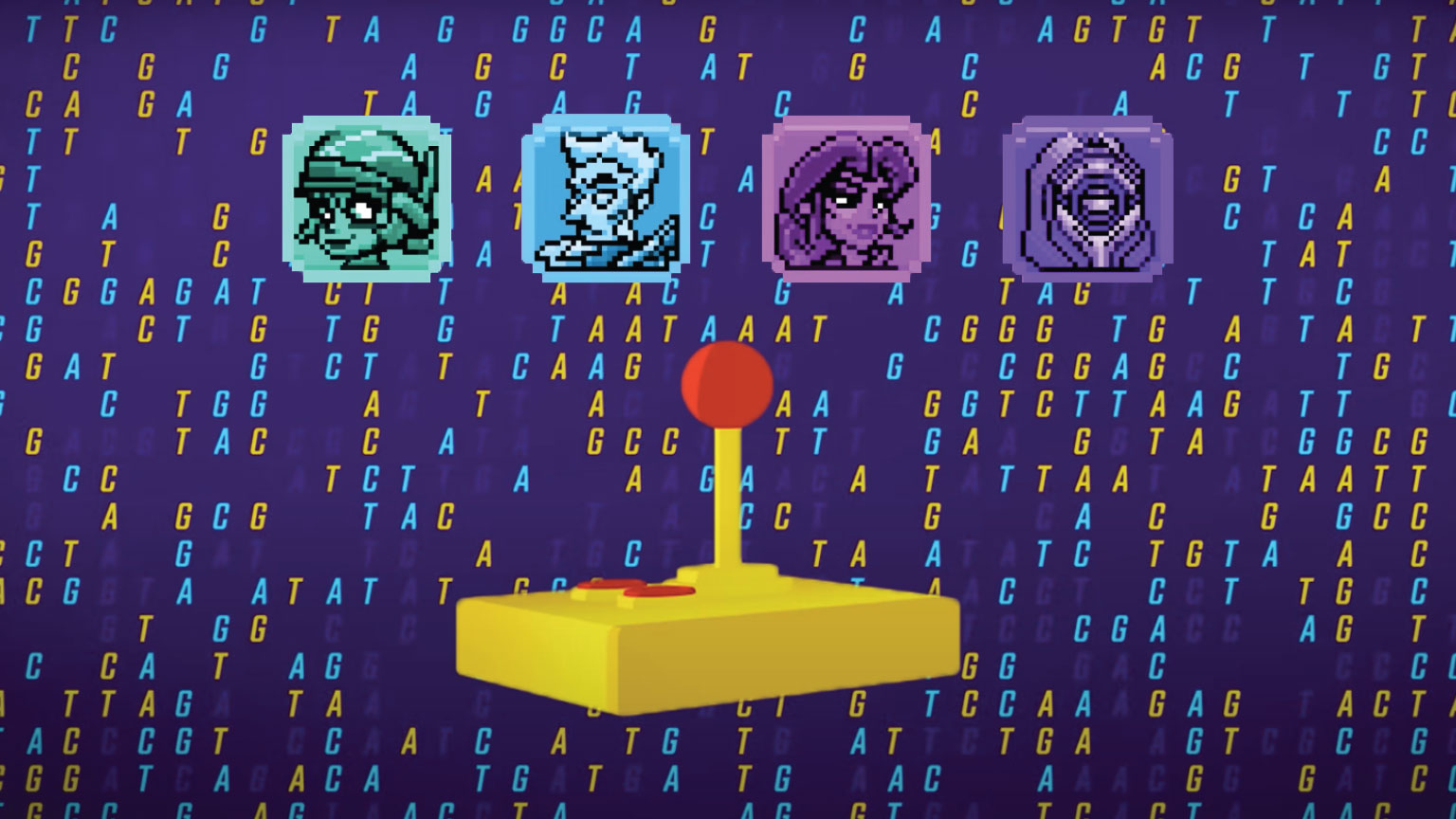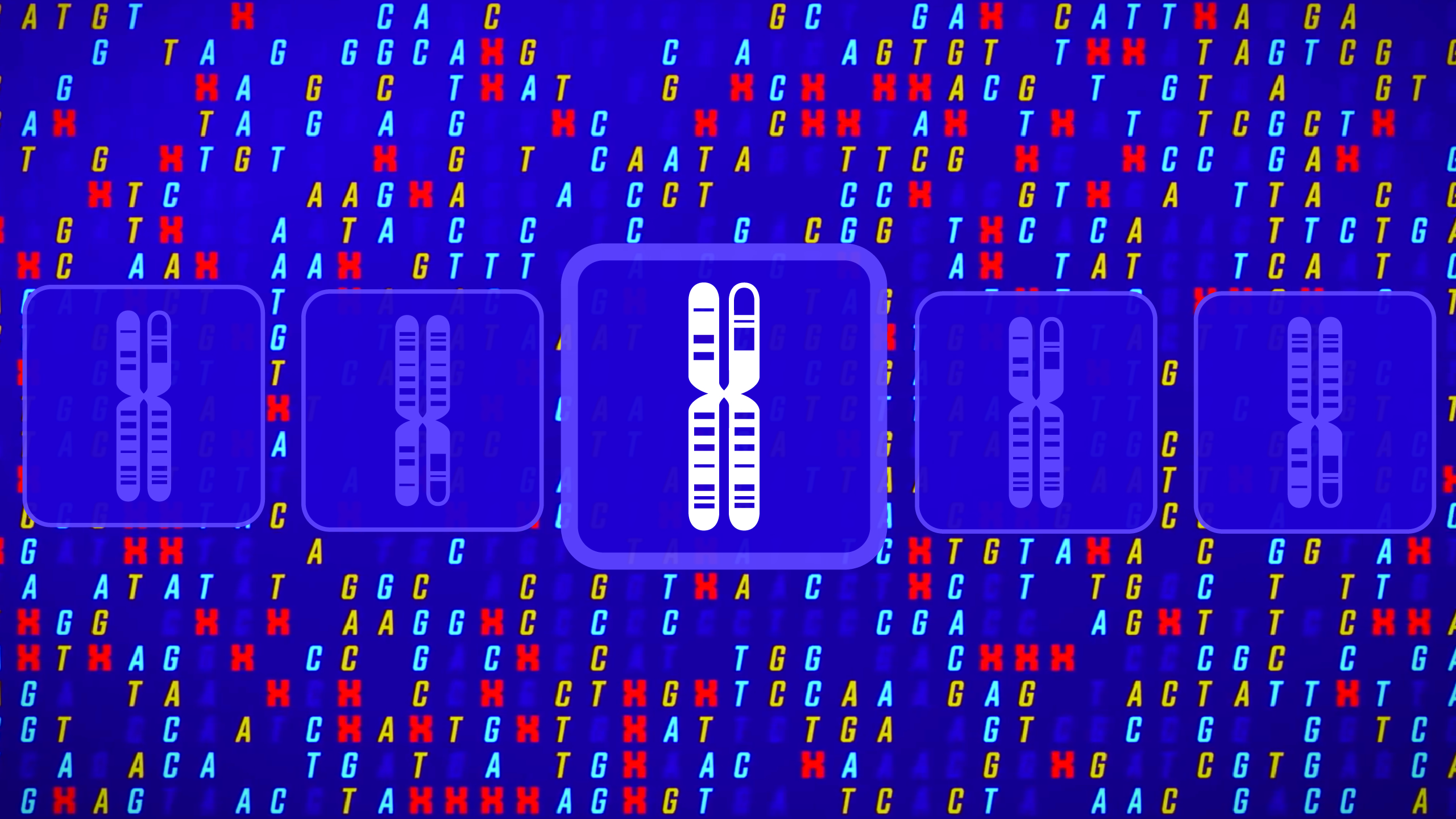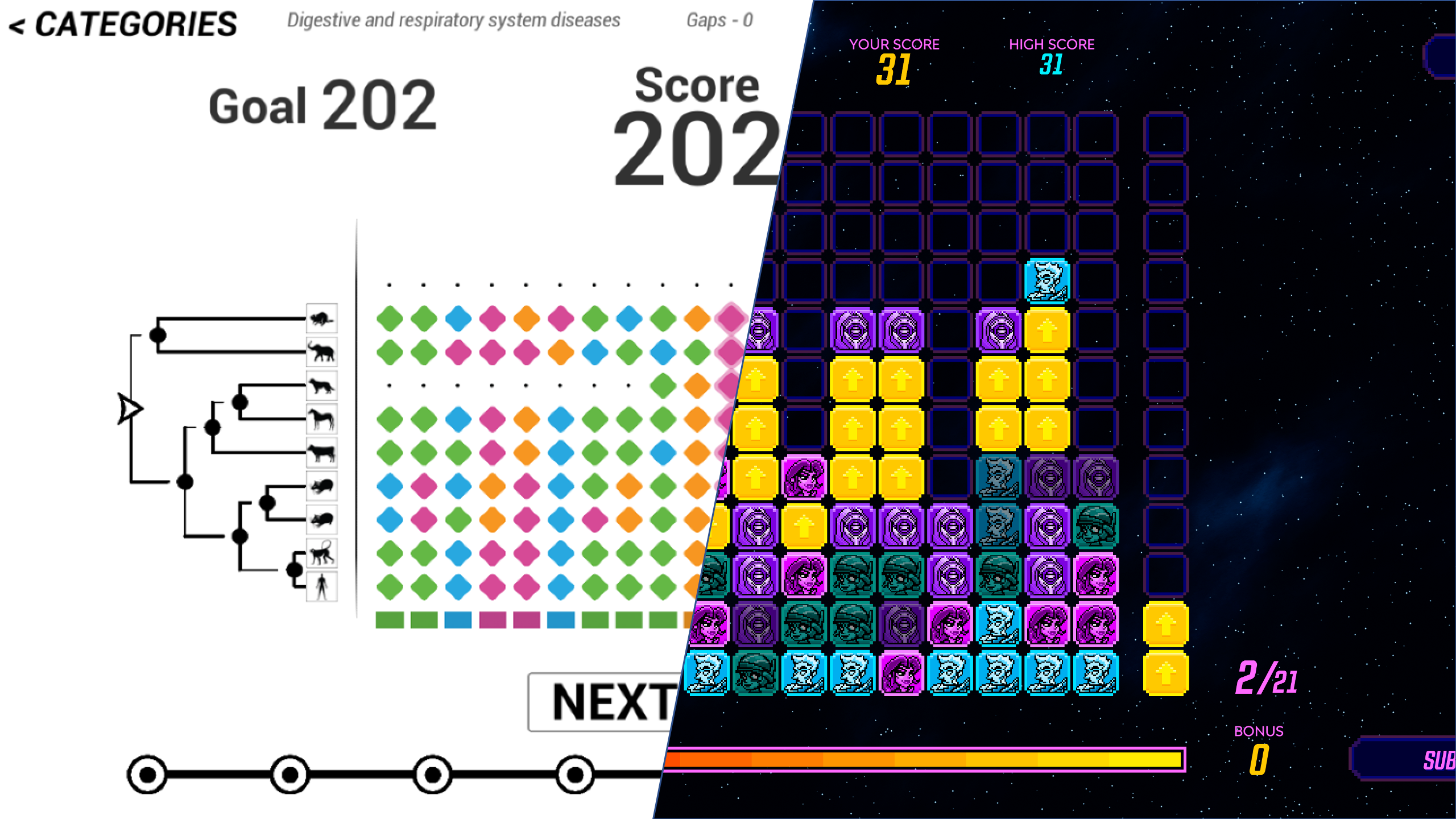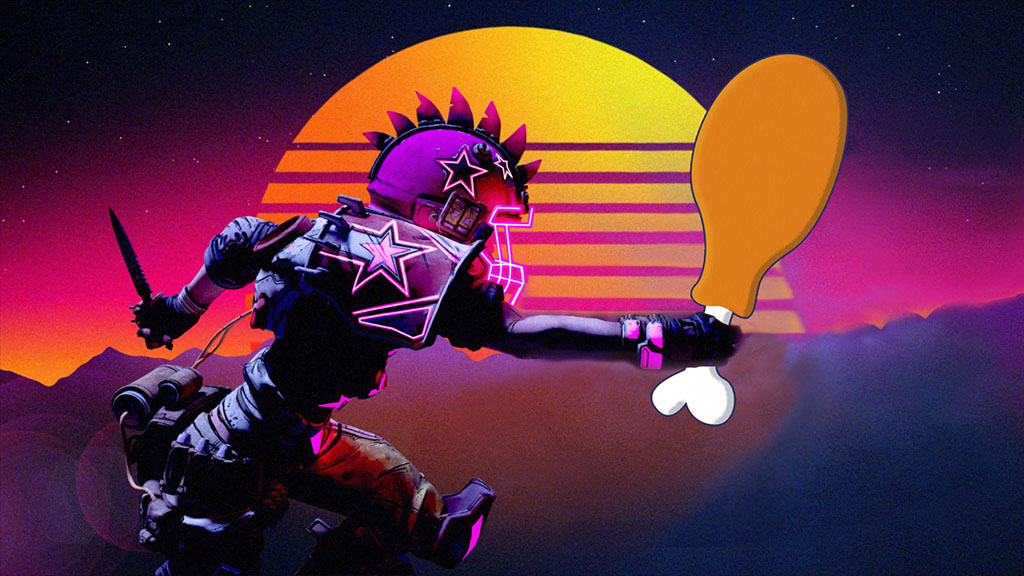13 Nov When Borderlands Science meets Project Discovery
Iceland is a beautiful country but also a special place for citizen science video games. Reykjavik is the home of CCP games, the developer of Eve Online. Eve Online was the first AAA video game to host a citizen science activity: Project Discovery. Since 2016,...


